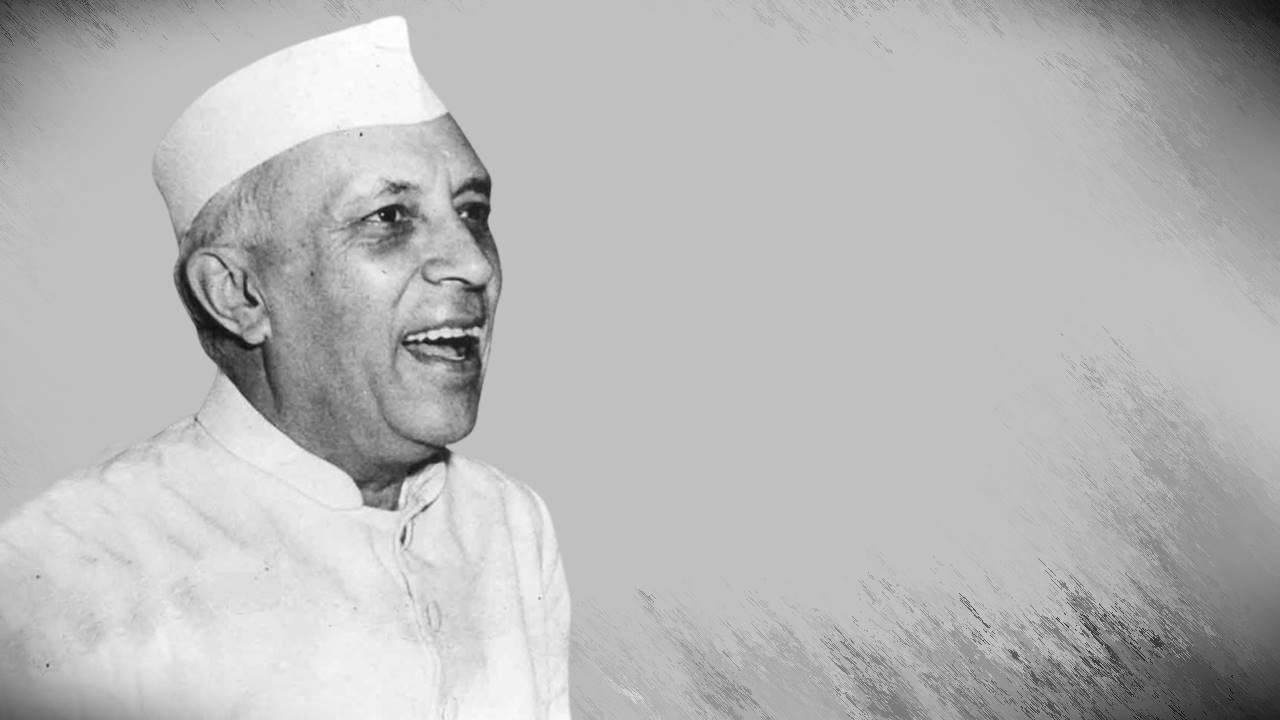Nehru was a prominent leader of the Non-Aligned Movement (NAM). He advocated for peaceful coexistence among nations and non-alignment with the two major power blocs of the Cold War era, the United States and the Soviet Union

Jawaharlal Nehru -- India's first Prime Minister. File Photo
India's first Prime Minister Jawaharlal Nehru's contributions to India's struggle for independence, his leadership as the first Prime Minister, and his commitment to democratic principles continue to shape the nation's identity and aspirations. His legacy as a statesman and his vision for a progressive and inclusive India remain significant to this day. Here are ten facts about the former prime minister.
Birth and Family: Jawaharlal Nehru was born on November 14, 1889, in Allahabad, Uttar Pradesh, India, into a prominent Kashmiri Pandit family. His father, Motilal Nehru, was a renowned lawyer and leader of the Indian National Congress.
Education: Nehru received his early education at home from private tutors. He later went on to study at Harrow School in England and then pursued his higher education at Trinity College, Cambridge.
Independence Movement: Nehru actively participated in the Indian independence movement led by Mahatma Gandhi. He played a crucial role in organizing civil disobedience campaigns, including the Salt March and the Quit India Movement.
First Prime Minister: After India gained independence from British rule in 1947, Nehru became the country's first Prime Minister. He held this position until his death in 1964, serving for a total of 17 years.
Non-Alignment: Nehru was a prominent leader of the Non-Aligned Movement (NAM). He advocated for peaceful coexistence among nations and non-alignment with the two major power blocs of the Cold War era, the United States and the Soviet Union.
Five-Year Plans: As Prime Minister, Nehru implemented a series of five-year plans to promote economic development and industrialization in India. These plans focused on key sectors such as agriculture, infrastructure, and education.
Secularism: Nehru strongly believed in the principle of secularism and worked to uphold religious harmony in India. He played a vital role in drafting the Indian Constitution, which enshrined secularism as one of its fundamental principles.
Panchsheel: Nehru was instrumental in formulating the Panchsheel, also known as the Five Principles of Peaceful Coexistence. These principles served as a framework for India's foreign policy and emphasized mutual respect, non-aggression, and peaceful resolution of disputes.
Border Disputes: Nehru faced significant challenges in dealing with border disputes, notably the conflict with China in 1962. The border issue with Pakistan over Kashmir also remained unresolved during his tenure.
Literary Contributions: Nehru was not only a political leader but also a prolific writer. His book "The Discovery of India" is considered a classic and provides an insightful account of India's history, culture, and philosophy.
 Subscribe today by clicking the link and stay updated with the latest news!" Click here!
Subscribe today by clicking the link and stay updated with the latest news!" Click here!








